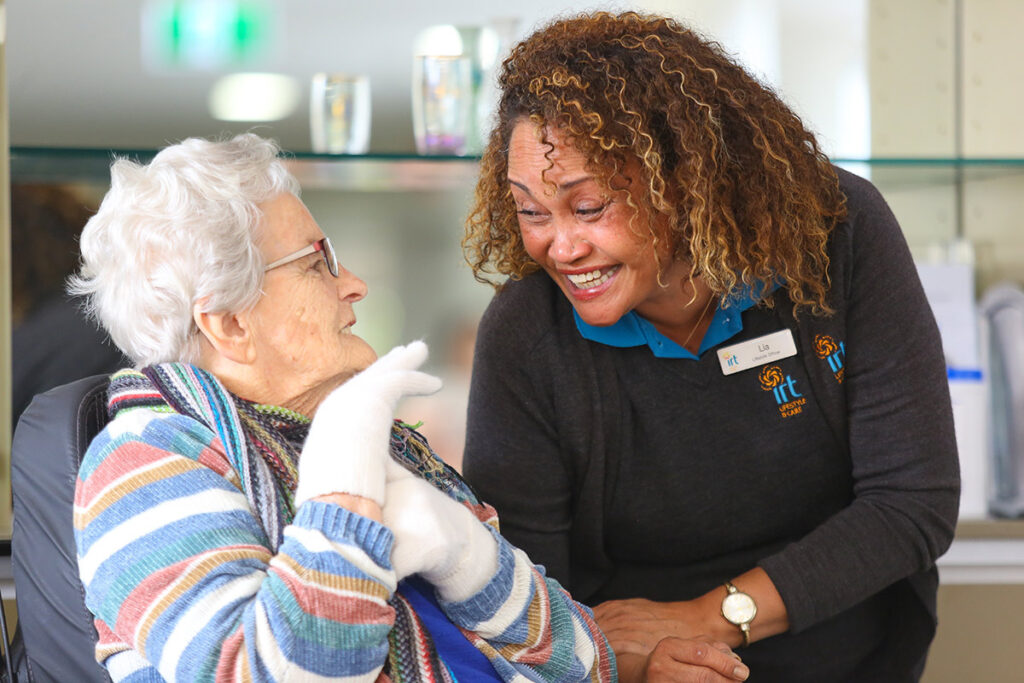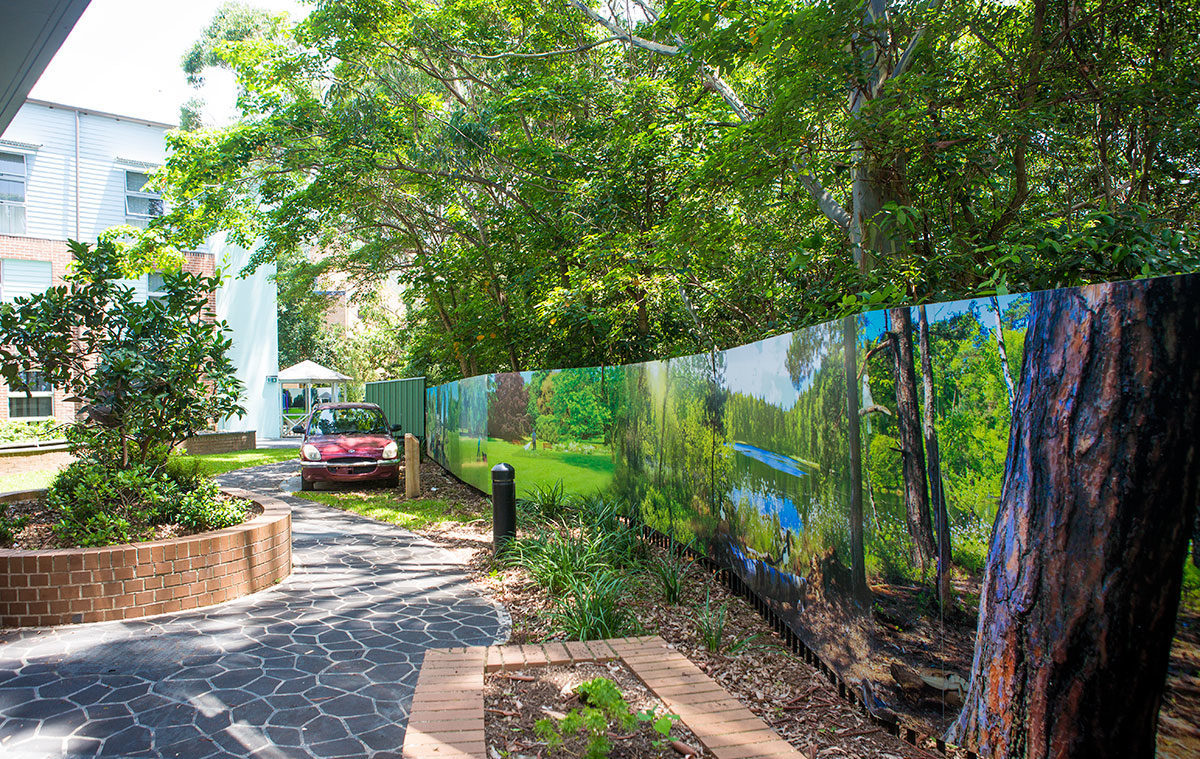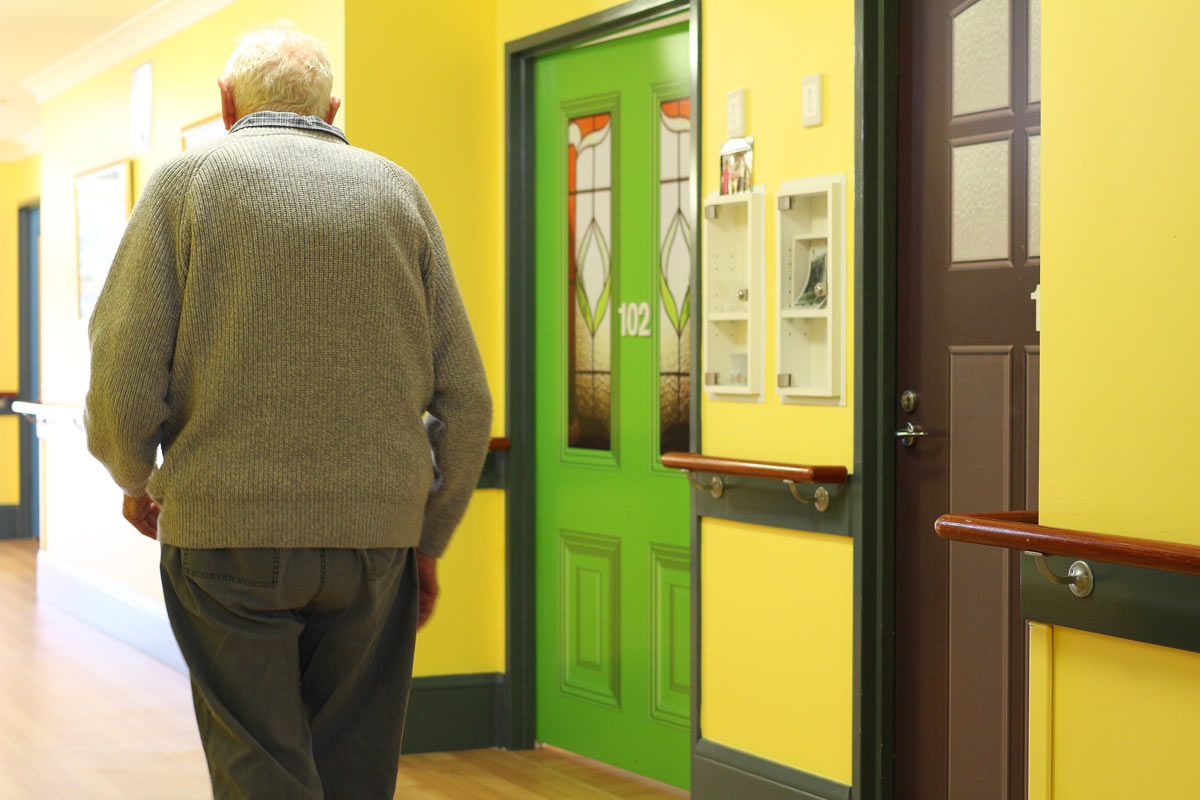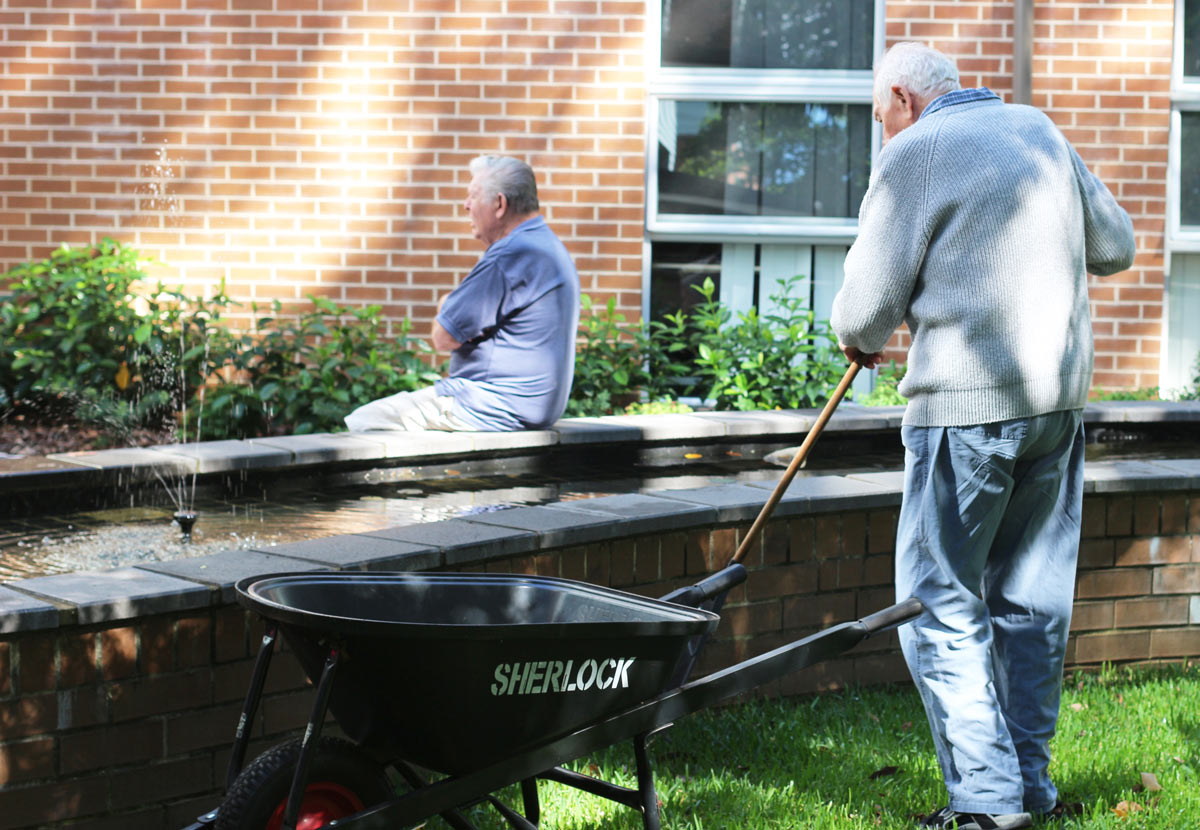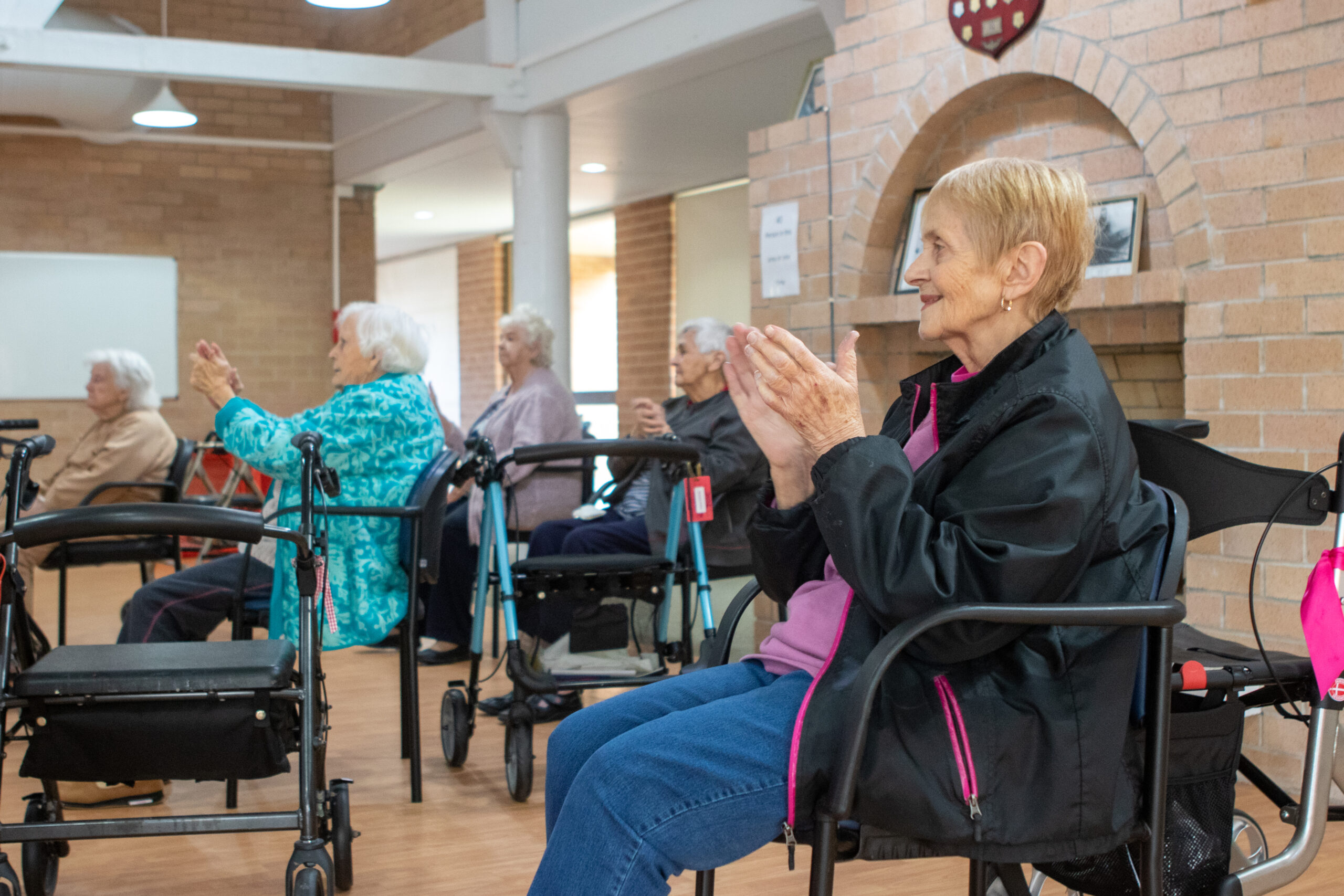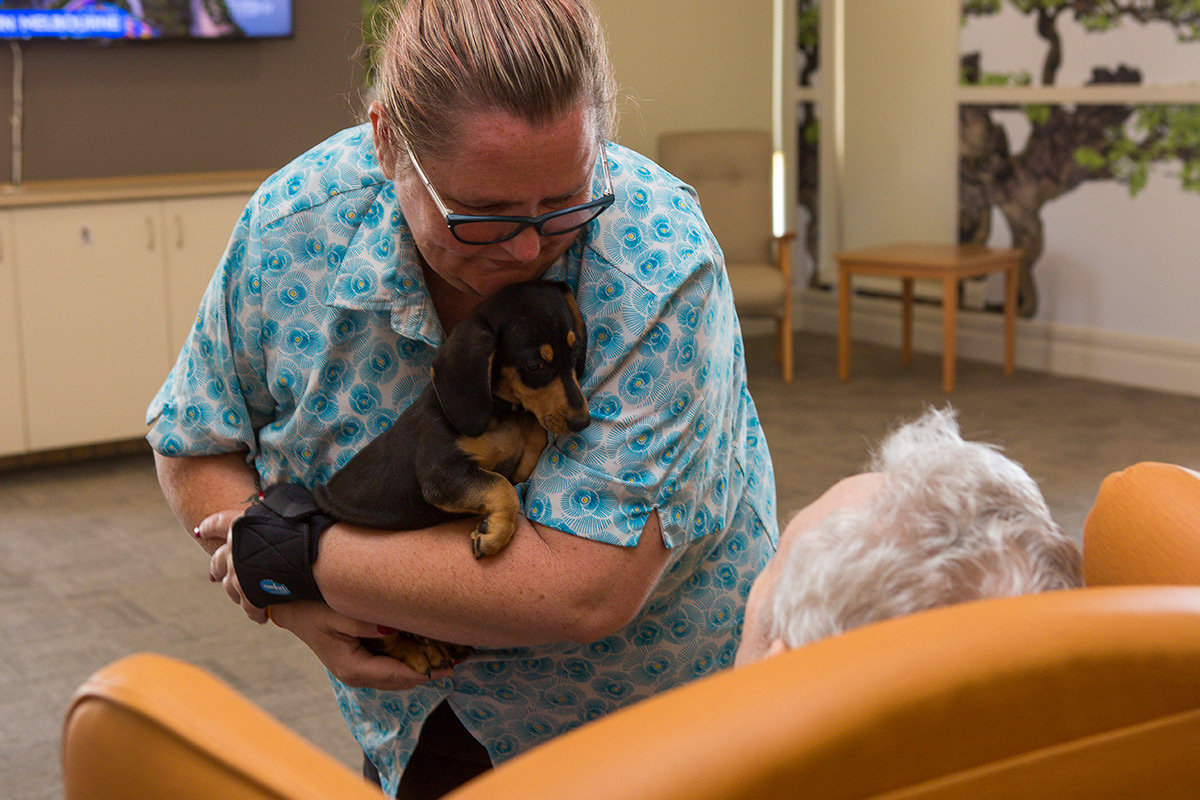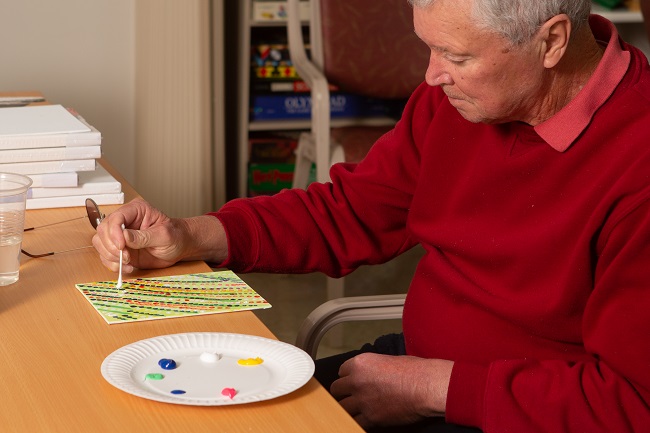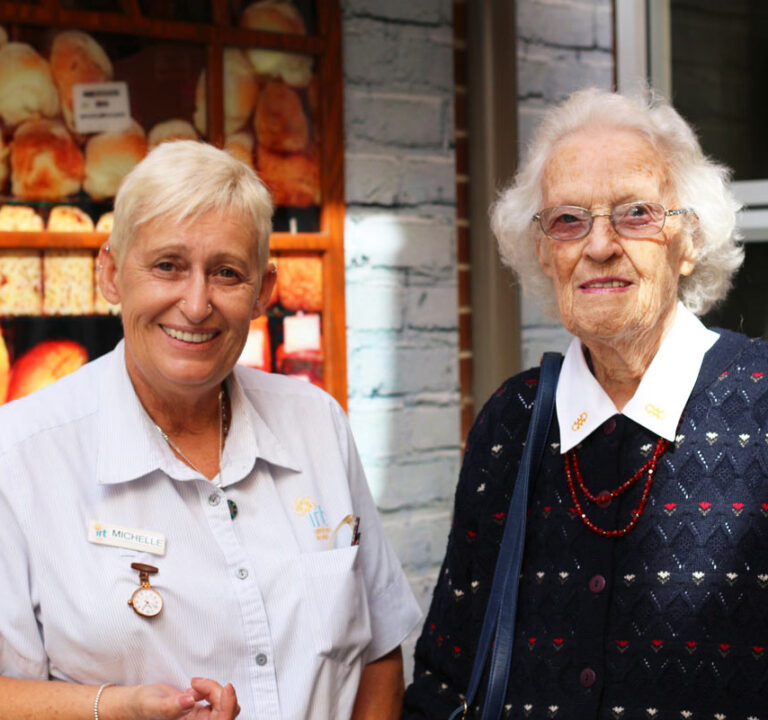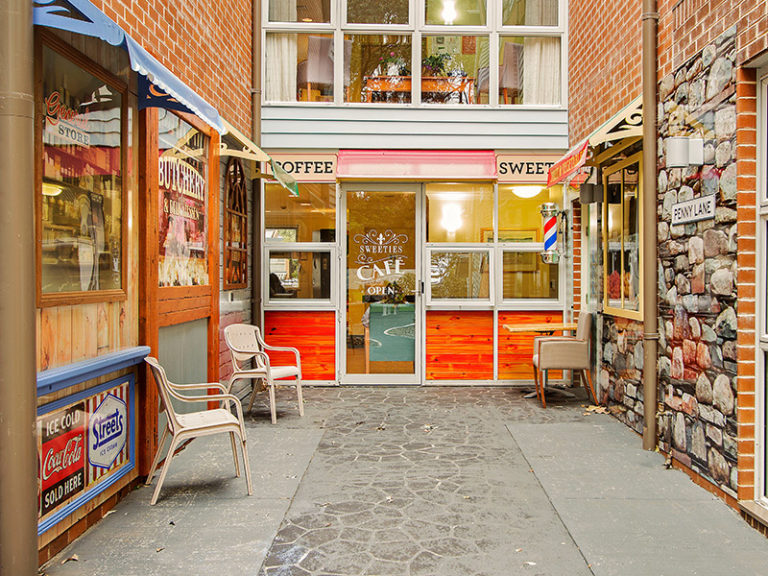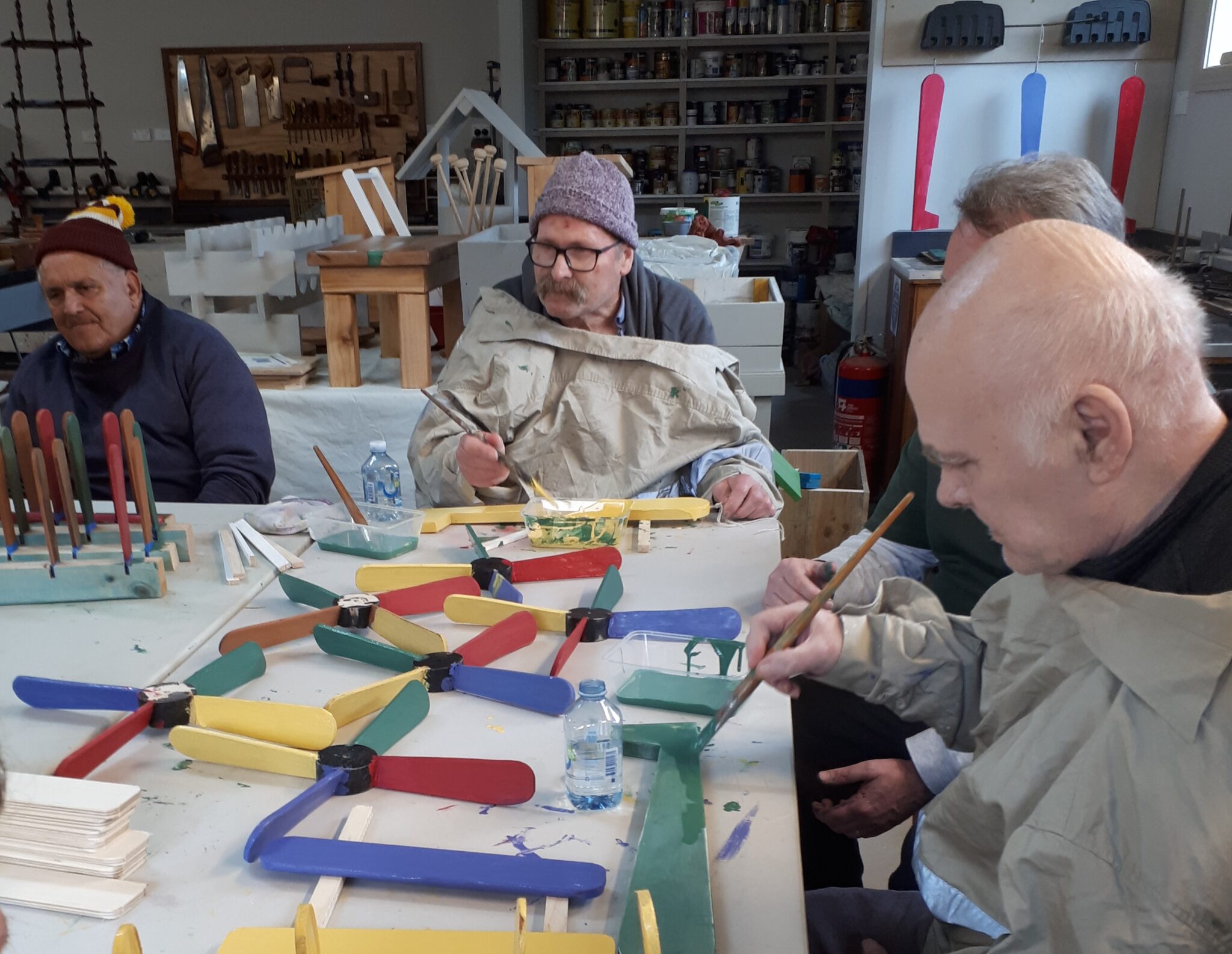Industry-led dementia care you can rely on
At IRT, we’re leaders in person-centred dementia care. Our innovative Journey of Care model enables us to tailor our dementia care environments, equipment and programs to meet the unique needs of residents living with dementia.
We work hard to deliver an industry-leading approach to dementia care, ensuring you or your loved one will have the support and comfort you need.
